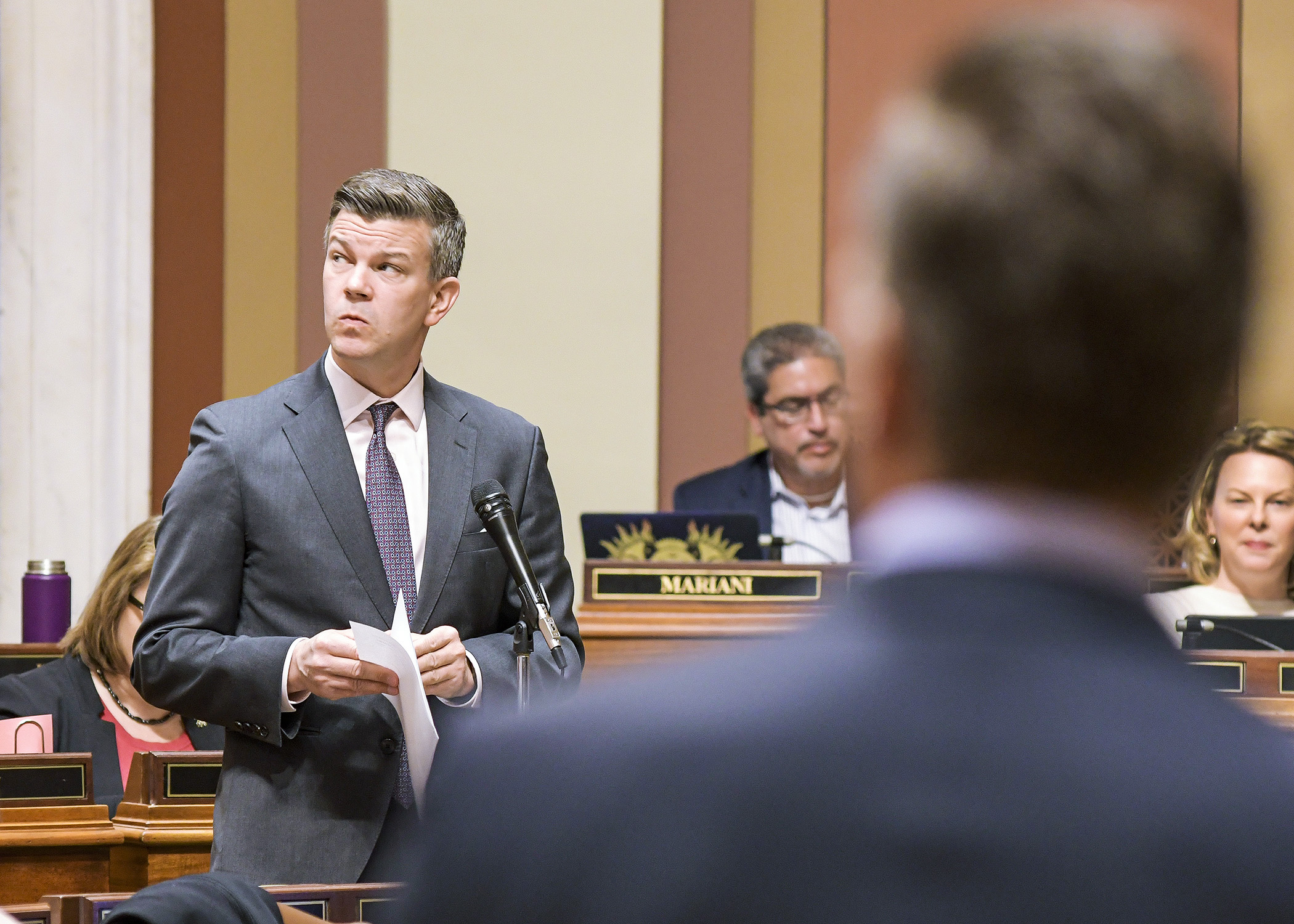Is it time to end 'spring ahead, fall back?'

Twice a year, residents in nearly every state have to remind themselves — often begrudgingly — that it’s time to move the clock ahead or back an hour.
Is it now I get an extra hour of sleep? Will first-shift workers be getting up in the dark or coming home in it?
Rep. Mike Freiberg (DFL-Golden Valley) sponsors HF72 that would end this practice by recognizing that advanced standard time — better known as daylight saving time or summer hours — would be the official state of time each and every second of the year in Minnesota.
But there’s a catch.
It could only take effect if the federal government were to enact a law permitting states to make this change. Current federal law provides that states can stay on standard time year-round — lighter earlier in the morning and darker earlier at night — but not the other way. The current system of daylight saving time has been in place since 1966.
“The main thing is to get rid of the time change,” Freiberg told the House State Government Finance and Elections Committee Thursday. The bill was held over for possible omnibus bill inclusion. A preliminary fiscal note shows no state cost.
“The research I’ve done, the sense I have, is people support the permanent daylight saving time approach,” he said. Freiberg noted this is the trend of bills introduced in or enacted in other states.
In addition to citing studies showing time changing is bad for people’s health and safety, supporters said the bill would, for example, benefit people taking part in outdoor activities and parents trying to get their young children into a bedtime routine.
Concerns raised include more days where the sun wouldn’t come up until after 8 a.m. and students waiting in the dark for the bus more often.
A companion, SF149, sponsored by Sen. Mary Kiffmeyer (R-Big Lake), awaits action by the full Senate.
Related Articles
Search Session Daily
Advanced Search OptionsPriority Dailies
Legislative leaders set 2026 committee deadlines
By Lisa Kaczke Legislative leaders on Tuesday officially set the timeline for getting bills through the committee process during the upcoming 2026 session.
Here are the three deadlines for...
Legislative leaders on Tuesday officially set the timeline for getting bills through the committee process during the upcoming 2026 session.
Here are the three deadlines for...